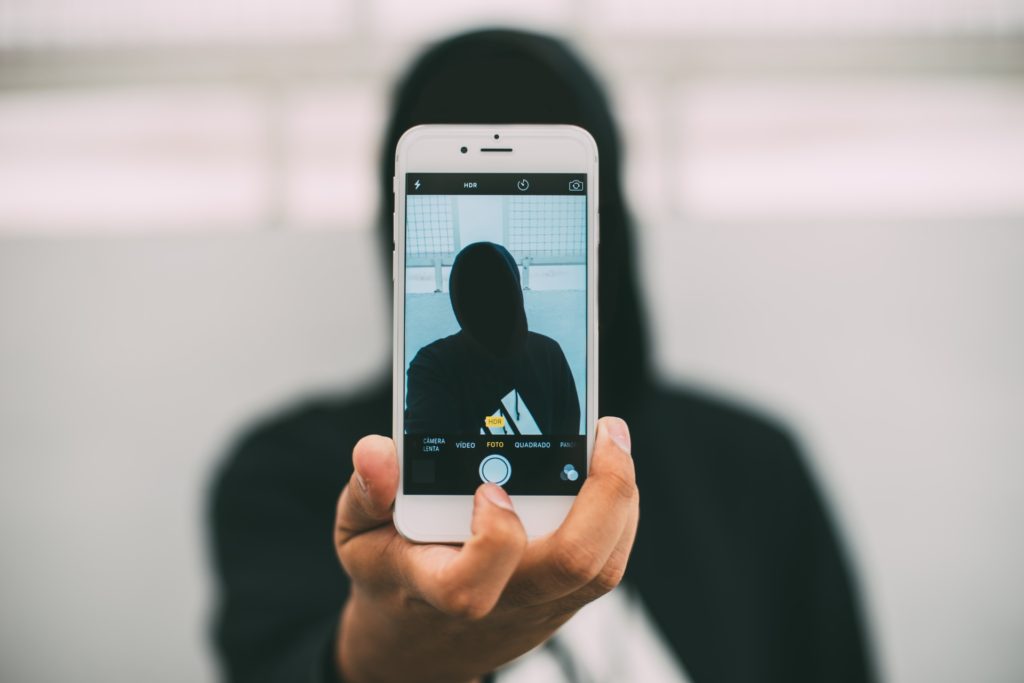Memory loss isn’t something to take lightly. Most of us often lose our train of thought midway during a sentence, others even forget they have an appointment, where they placed their belongings. Some also find it challenging to remember names. ‘What’s your name again?’ This forgetfulness is embarrassing! Fortunately, some memory tips exist to help improve your memory even though, preventing memory loss isn’t that easy.
According to a research, brain function peaked during early adulthood and then slowly declined, leading to lapses in memory during your golden years. The neuroplasticity phenomenon also talk about the need to strengthen memory. “Your brain continues to develop neurons and build new connections to strengthen memory as you age,” says Brianne Bettcher, a neuropsychology fellow at the University of California, San Francisco.
Obviously, memory decline is mostly caused by our lifestyle. Luckily, followings are some great tips to help get your memory back and help improve your power of recall:
Get Socialized
Depression greatly contributes to Memory loss. And one of the reasons for being depressed is the neglect of social interaction. You can get over this by finding a way of interacting with loved ones, make new friends and escape being lonely.
Try using Mnemonic Devices
One of the great ways to make things easier to remember is the use of memory tools such as image, rhyme,
or figure of speech. Imagery is to liken and imagine something associated with what you are trying to remember. You can as well make use of acronyms.
Interesting Video on Boosting Brain.
Say the alphabet
“When you cannot recall a piece of information such as the name of an actor in a film, use the alphabet search method, i.e. going through the alphabet to find the first letter of the word or name you are trying to remember in order to jog your memory – it really works,” says Dr Iddon, a neuropsychologist and co-author of Memory Boosters.
Sleep well
It is obvious that, sleep will help you enhance your memories. You need seven to eight hours of sleep in every 24 hours.
According to a study published in the journal Sleep Medicine, the subjects were asked to perform some memory tasks, some were to stay awake while others take a nap on completion of the task. The people who napped remembered more of the tasks they had performed than did those who stayed up.
“Disturbed sleep delays storage of memories and makes us forget sooner,” says Professor Chris Idzikowski, director of The Edinburgh Sleep Centre.
Read this > How going to bed late at night could cause Negative Thoughts
Use Chunking
When you are trying to memorize something, try to use ‘chunking’ as a way of remembering it. i.e. while trying to memorize an information like a string of numbers, endeavor to break it down in bits.
For an instance: given a phone number. use 0803-95-44-704 instead of 08039544704.
Take Healthy Diet
What you eat or drink counts. Taking healthy diet like fruits, vegetables, whole grains and low-fat proteins. Endeavor to be taking enough water and limit your alcohol intake.
Read also > 4 Foods that can Damage your Brain
Use Music
Research says the more you listen or dance to music with complex dance,  the more your brain will be challenged.
the more your brain will be challenged.
“
while research has shown the beneficial effects of music on those with Alzheimer’s disease,” – Dr Chris Moulin, memory expert.
You can subscribe to listening to reggae which is of strong rhythm.
Read also > 4 Ways Music Affects the Mind
Regular Exercise
“cardiovascular exercise can actually cause new connections to sprout between neurons in the hippocampus,” says Peter J. Snyder, a professor of Neurology at Brown University’s Alpert Medical School. This also talk about the neuroplasticity phenomenon explained earlier.
Cardiovascular exercise includes running, biking, swimming etc. Doing these regularly will enable the flowing of blood to your brain, and enlarges the hippocampus which happen to be the most vital part of the brain for memory.
Clench your fist
A research suggests that we should ball up and squeeze tightly our right hand while trying to memorize some information e.g list. Then in retrieving the information, clench the left fist. This movements will activate the brain region responsible for recalling the memories.
Stop Multitasking
Multitasking means attempting to do simultaneously many things as possible. Suppose you are trying to drop your car keys while talking on your phone and also waving your hand at someone. You may likely forget where you drop your key. Thus, multitasking makes one forgetful. A study also shows that we need about eight seconds to commit a piece of information to our memory.
Read also > 5 Worst Habits That Affect Your Mental Health
Some explanations were gotten from:
-
Dr. Mercola: 7 Tricks to Improve Your Memory
-
25 top tips to turbo-charge your memory – Mirror.co.uk
-
Memory Loss – Mayor Clinic
-
How to improve your memory – Real simple. Life made easier.

